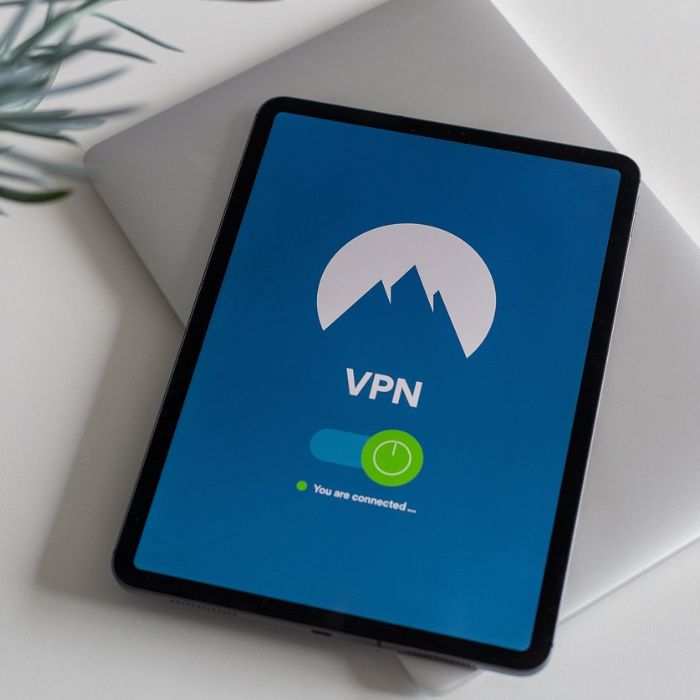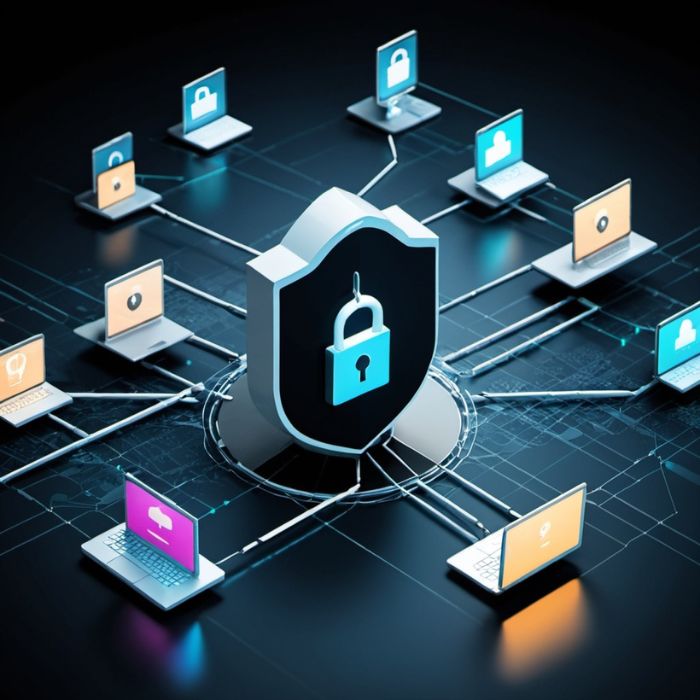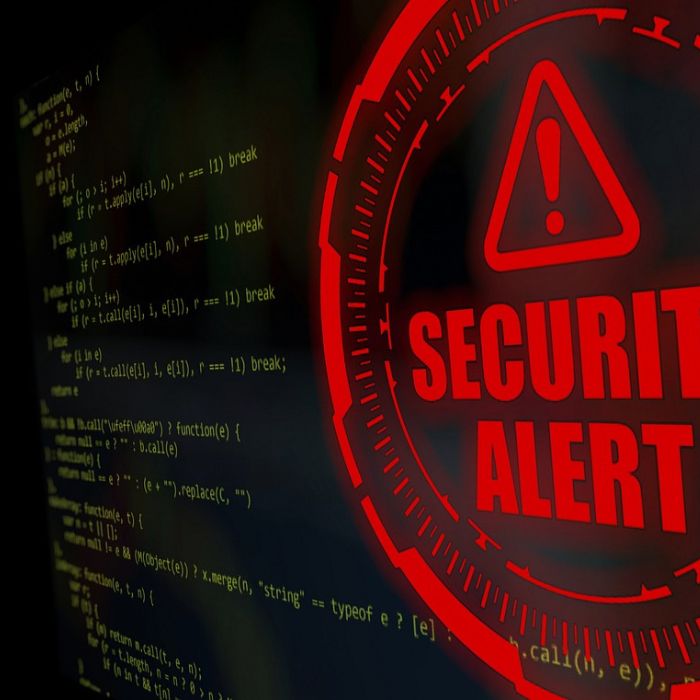Why Every Business Needs a VPN: Protecting Data in the Digital Age
In an era of rising cyber threats and remote work, a Virtual Private Network (VPN) is no longer just an option—it’s a necessity for businesses of all sizes. But how exactly does a VPN protect your company’s sensitive data, and why should you invest in one?
This guide covers:
✅ What a VPN is and how it works
✅ Why businesses need VPNs for secure communications
✅ How VPNs protect remote teams from cyber threats
✅ Best practices for choosing and using a VPN
Let’s dive in and secure your business today!
Table of Contents
1. What Is a VPN & How Does It Work?
Definition:
A VPN (Virtual Private Network) encrypts your internet connection, making your online activity private and secure.
How It Works:
-
Encrypts Data – Scrambles your internet traffic so hackers can’t read it.
-
Hides Your IP Address – Masks your location to prevent tracking.
-
Creates a Secure Tunnel – Safely connects remote workers to company servers.
💡 Looking for top VPN services? Check out the Best VPN Services for Privacy & Security in 2025.
2. Why Businesses Need VPNs for Secure Communications
Key Benefits:
✔ Prevents Data Breaches – Encrypts sensitive emails, files, and logins.
✔ Secures Public Wi-Fi – Protects employees working from cafes or airports.
✔ Bypasses Geo-Restrictions – Access global tools and services securely.
Industries That Need VPNs Most:
-
Finance (banks, accounting firms)
-
Healthcare (HIPAA compliance)
-
Legal (client confidentiality)
-
Remote Teams (global workforce security)
3. How VPNs Protect Remote Employees & Prevent Cyber Threats
Common Threats a VPN Stops:
🔒 Man-in-the-Middle Attacks – Hackers intercepting unsecured Wi-Fi traffic.
🔒 Data Snooping – ISPs or governments monitoring business activity.
🔒 Phishing & Ransomware – VPNs block malicious sites and downloads.
Case Study:
A remote sales team using a VPN prevented a $500K data leak when an employee connected to a hacked hotel Wi-Fi network.
🚀 For extra security, pair with the Best Password Managers for Online Security.
4. Best Practices for Selecting & Using a VPN
Choosing the Right VPN:
✔ No-Logs Policy – Ensures your data isn’t stored or sold.
✔ Strong Encryption – Look for AES-256 or WireGuard protocols.
✔ Fast Speeds – Avoid slowdowns for video calls and large file transfers.
✔ Multi-Device Support – Protects laptops, phones, and tablets.
Top Business VPN Features:
-
Dedicated IP addresses
-
Team management dashboards
-
Kill switch (auto-disconnects if VPN fails)
5. How to Implement a VPN in Your Business
1️⃣ Train Employees – Explain why VPNs are mandatory.
2️⃣ Enforce VPN Use on Public Wi-Fi – Make it company policy.
3️⃣ Regularly Update VPN Software – Patch security vulnerabilities.
4️⃣ Monitor Usage – Ensure compliance without compromising privacy.
6. Future of VPNs: What’s Next?
🔮 AI-Powered Threat Detection – VPNs that block attacks in real-time.
🔮 Quantum-Resistant Encryption – Preparing for next-gen hacking.
🔮 Seamless Cloud Integration – Auto-VPN for SaaS apps like Slack & Zoom.
Final Verdict: Don’t Risk Your Business Data!
❌ Without a VPN: Exposed to hackers, fines, and reputational damage.
✅ With a VPN: Secure data, compliant operations, and peace of mind.
🚀 Get started today with our top picks:
A VPN is the easiest way to prevent a cyber disaster—don’t wait until it’s too late!







